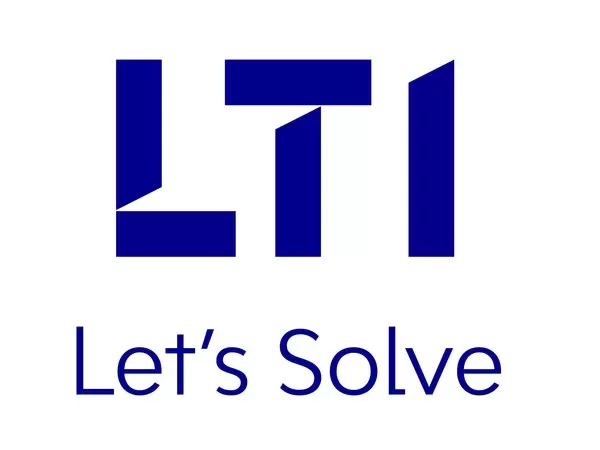The 4U 8 GPU Servers are Part of Turn-Key System Cluster that Delivers up to 11 Petaflops of Computing Power for Cutting-Edge Research SAN JOSE, California, Oct. 7, 2020 — Super Micro Computer, Inc. (Nasdaq: SMCI), a global leader in enterprise computing, storage, networking solutions, and green computing technology, today…
NEXCOM’s TCA 5170 Verified an Intel® Select Solution for Universal Customer Premises Equipment (uCPE) with CentOS
TAIPEI, Oct. 5, 2020 — NEXCOM proudly announces that its TCA 5170 uCPE is now an Intel® Select Solution for Universal Customer Premises Equipment (uCPE), verified for CentOS. The hardware-software integration of NEXCOM’s TCA 5170, powered by Intel’s powerful Xeon® D processor, with an optimized software stack, enable communication service providers (CommSPs)…
Announcement of Memorandum of Understanding for a Business Alliance of 5G/AI Related Businesses
TOKYO, Oct. 5, 2020 — Bit One Group Co., Ltd. (hereinafter referred to as "the Company" has a business alliance (hereinafter referred to as "this business alliance") with Viettel Business Solutions Corporation (hereinafter referred to as "Viettel BS") for businesses related to the integration of 5G and AI technology (hereinafter…
LTI Launches Canvas PolarSled Enabling Rapid Migration to Snowflake
– The framework addresses core challenges of designing, accelerating, and governing data transformation journey to cloud MUMBAI, India, Oct. 1, 2020 — Larsen & Toubro Infotech (BSE: 540005) (NSE: LTI), a global technology consulting and digital solutions company, launched Canvas PolarSled, an automated…
Announcing AppianEUROPE20 Virtual Conference: 14 – 15 October 2020
Live, free conference brings the experts to you so you can bring operational excellence and resilience to your organisation with the best-of-breed Appian Low-code Automation Platform LONDON, Oct. 1, 2020 — Appian (NASDAQ: APPN) will host AppianEUROPE20, a combination live and on-demand, free event on 14 and 15 October 2020. Held…
Chindata Group Announces Pricing of Initial Public Offering
BEIJING, Sept. 30, 2020 — Chindata Group Holdings Limited ("Chindata Group"), a leading carrier-neutral hyperscale data center solution provider in Asia-Pacific emerging markets, today announced the pricing of the initial public offering (IPO) of 40,000,000 American Depositary Shares (ADSs) at $13.50 per ADS for a total offering size of US$540…
One to One Contacts: Customer’s Success is our Success
BANGKOK, Sept. 30, 2020 — One to One Contacts Group is the leader in offering the "Total Digital Customer Interaction Management Solutions" in Thailand that responds to all dimensions of customer’s requirements with the highest quality of service solutions. One To One Contacts 20th Anniversary Celebration …
QAD Tomorrow Thought Stream Introduces the Adaptive Manufacturing Enterprise
Complimentary Adaptive Manufacturing Diagnostic helps companies gauge their ability to handle disruption JAKARTA, Indonesia, Sept. 29, 2020 — QAD Inc. (Nasdaq: QADA) (Nasdaq: QADB), a leading provider of flexible, cloud-based enterprise software and services for global manufacturing companies, held QAD Tomorrow, a one-hour global thought stream that introduced the Adaptive Manufacturing Enterprise, QAD’s…
INVITE Systems launches Huawei COLO data center amidst COVID-19
BUCHAREST, Romania, Sept. 28, 2020 — The COVID-19 pandemic caused a sudden surge in demand for online services in Romania, from gaming and videos to live broadcasts. This threatened to overwhelm INVITE Systems’ platform capabilities and the company needed to quickly deploy a new data center to meet the burst…
Reserve Bank of India (RBI) Grants In-principle Authorisation to Set-up and Operate Bharat Bill Payment Operating Unit to Vakrangee Limited
MUMBAI, India, Sept. 25, 2020 — Vakrangee Limited (VL) has been granted In-principle authorisation to set-up and operate Bharat Bill Payment Operating Unit (BBPOU) under the Payment and Settlement Systems Act, 2007 from Reserve Bank of India (RBI). Vakrangee can now directly handle payment and aggregation of payment services relating to…







